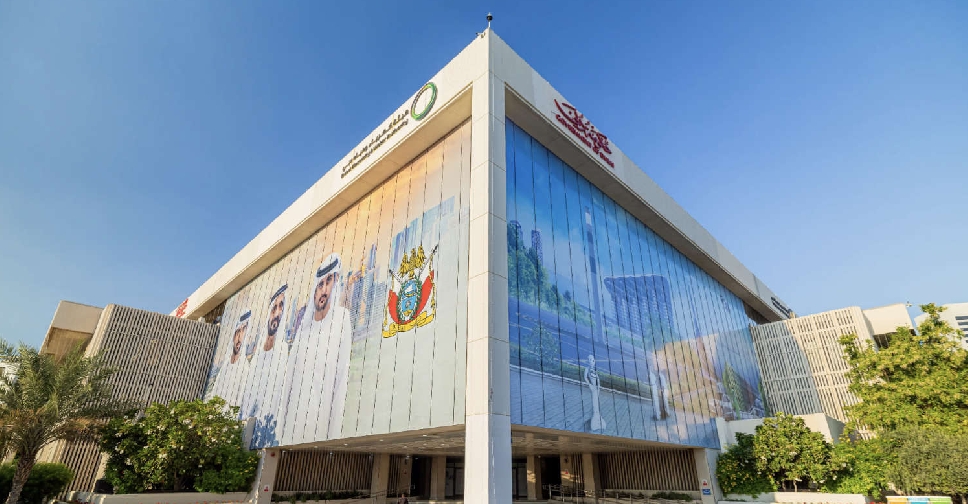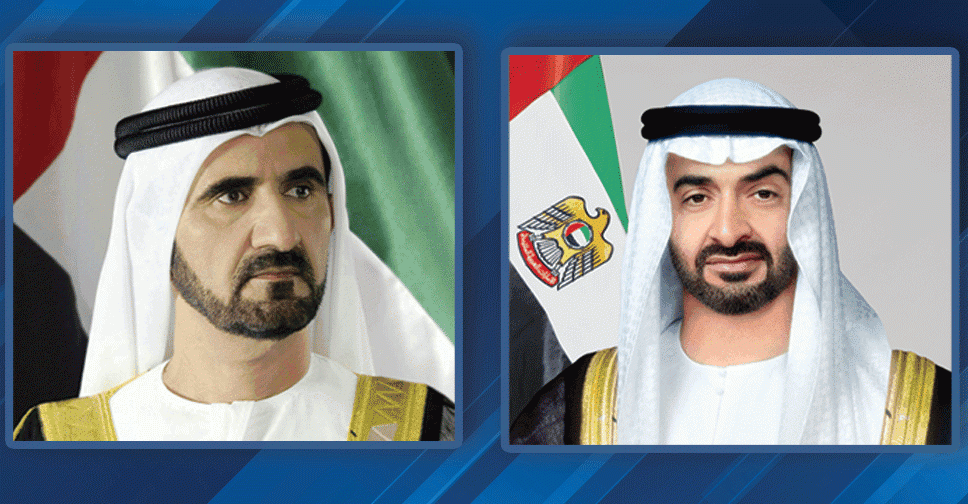
The Financial Services and Markets Bill (FSMB) received Royal Assent from King Charles on Thursday, officially recognising cryptocurrencies as a regulated financial activity in the United Kingdom.
This move brings crypto activities within the established financial market regulations in the UK. The Economic Secretary to the Treasury, Andrew Griffith, highlighted the significance of the bill, saying, "This landmark piece of legislation gives us control of our financial services rulebook, so it supports UK businesses and consumers and drives growth."
Apart from bringing cryptocurrencies under regulation, the bill also leverages new powers that became available after Brexit. The UK government believes this could unlock approximately £100 billion for productive investment, foster innovation and boost the country's economy.
With the approval of the FSMB, the UK aligns itself with the European Union, which was among the first major administrations to regulate cryptocurrencies through the EU Markets in Crypto Assets (MiCA) bill. The MiCA bill's influence is already apparent, as seen when German software giant SAP chose stablecoin USDC (USD Coin) to test cross-border payments, addressing challenges faced by businesses when sending money internationally.
This puts the UK ahead of the US, where cryptocurrency regulations are still in the planning stages, as stated by Securities and Exchange Commission (SEC) Chair Gary Gensler. This development raises concerns, considering the US is home to over 54 million cryptocurrency users in 2023, while the UK has 31 million users. The disparity in regulatory progress exposes the US to potential risks of losing its user and developer base to countries with more supportive policies, as exemplified by recent developments with Coinbase. Moreover, the SEC's ongoing conflicts with major crypto exchanges like Binance and payment network Ripple (XRP) add to the vulnerability.

 Aviation sector contributes $4.1 trillion to global economy
Aviation sector contributes $4.1 trillion to global economy
 Paris AI summit draws world leaders
Paris AI summit draws world leaders
 16% growth in new economic licences in Abu Dhabi during 2024
16% growth in new economic licences in Abu Dhabi during 2024
 DEWA updates billing on water consumption
DEWA updates billing on water consumption
 UAE, Japan to complete CEPA by end of year
UAE, Japan to complete CEPA by end of year




